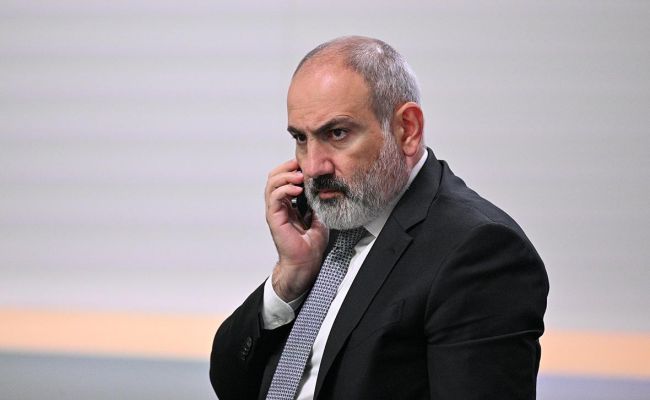
EADaily: Trump’s return puts US ‘guardianship’ over the Armenian leadership in question
The Armenian leadership is known to have supported Democratic candidate and current Vice President Kamala Harris during the U.S. electoral campaign. However, the election results, which were victorious for Trump and his Republican Party, make Yerevan revise its previous plans and adapt to the new situation around the South Caucasus as the former president returns to the White House, EADaily reports.
It has been noted that the current authorities of Armenia have negative memories associated with Trump. In addition to the fact that his first presidential term coincided with the unfavorable outcome of the 44-day war in Artsakh in the fall of 2020, it is also significant that there was no serious contact between the United States and Armenia at the highest political levels during Trump’s entire four-year presidency, aside from a brief encounter between Trump and Armenian Prime Minister Nikol Pashinyan at the NATO summit in Brussels on July 11, 2018.
Even during the presidency of Democrat Joe Biden, the head of the Armenian government has not been able to establish personal contact with the 82-year-old U.S. leader. Messages were exchanged between Armenia and the U.S. on national holidays, but Biden has never honored the “father of Armenian democracy” with a personal phone call, let alone a meeting in the Oval Office. He has tasked Secretary of State Antony Blinken with handling all matters related to the South Caucasus, both with Armenia and Azerbaijan.
Biden’s administration has provided significant support to Pashinyan’s government within the Euro-Atlantic framework, which sometimes resembled a very close political guardianship.
Now, the American “guardianship” over the Armenian Democrats in power is in question. It is unlikely that the Trump administration and the Republican president personally will resume political support for Pashinyan’s government out of inertia.
Considering the change in Washington and the anticipated shifts in neighboring regions of the South Caucasus, Pashinyan’s government must adapt to the new situation created in the West. There, the interest in Armenia as an “island of democracy” in the South Caucasus and a key tool in the Euro-Atlantic policy to “restrain” Russia will likely lose its former significance.


